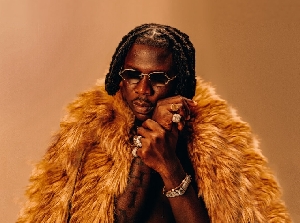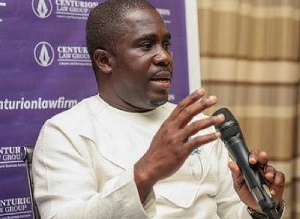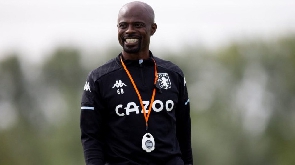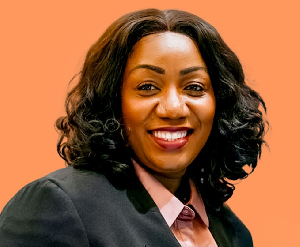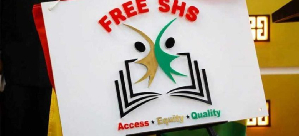By Kwame Okoampa-Ahoofe, Jr., Ph.D.
Garden City, New York
Dec. 27, 2015
E-mail: okoampaahoofe@optimum.net
The problem of official profligacy in government is one that dates back to Ghana’s so-called First Republic. This is what President Kwame Nkrumah’s famous April 8, 1961 Dawn Broadcast was essentially about. Nkrumah himself was more integral to the norm than the exception, although his ardent and fanatical advocates would have the rest of us believe that the so-called African Show Boy was the exception. One only needs to casually research the reason why Mr. Nkrumah got “knighted” as the Show Boy in order to be able to draw the most relevant and appropriate conclusions.
To be certain, it was for the preceding reasons why I was rather amused to read the short news item captioned “Mahama Bans ‘Non-Essential’ Ministerial Trips” (Citifmonline.com / Ghanaweb.com 12/31/15). The Mahama ban’s rather tacky copycatting of a similar edict issued by Tanzania’s newly elected president, Dr. John Magafuli, was quaintly unmistakable. The problem here is not the fact that Ghana’s President Mahama so closely and quaintly on the heels of its Magafuli exemplar, decided to issue his edict banning ministerial appointees from embarking on wasteful travels abroad at the expense of the longsuffering Ghanaian taxpayer. It is rather the fact that it took Mr. Mahama nearly four years to arrive at this otherwise all-too-laudable decision and/or conclusion.
Those of us who have been closely monitoring and studying the behavior and political culture of our ministers and other highly placed civil servants are well aware of the fact that the purportedly “serious impact frequent travels abroad by Ministers and public officials are having on Government finances” did not occur today. To be certain, it is patently quizzical, if not downright farcical, to even half-suggest that such travels only began to reach a crisis point about the time that President Mahama’s Chief-of-Staff, Mr. Julius Debrah, issued his quite pontifical edict to the ministerial appointees.
Like President Nkrumah long before him, President Mahama is most guilty of such official abuse of foreign travels at the expense of the famished, languid and “Dumsor”-battered Ghanaian taxpayer. Ever since our highly placed politicians and public officials announced with pomp and ceremony that Ghana had become a bona fide member of the club of those black-gold rich countries, President Mahama has been jet-hopping and –setting around the clock. And he can comfortably afford such profligate lifestyle, because the Government has purchased, at taxpayer’s expense, of course, a couple of Gulf-Stream aircraft to proudly back up its vaunt.
The purchase of these hardly cost-effective jets marked a sort of rites-of-passage of Ghana into the comity of the OPEC countries. Forget about the fact that the country has yet to produce enough black-gold for its own domestic purposes. We are decidedly still a net importer of industrially altered petroleum products. But what makes this situation even more disturbing, if also equally alarming, is the tandem decision by Mr. Mahama and his associates to blindly resort to borrowing almost as if the Biblical Apocalypse were scheduled to hit Planet-Earth at any moment before tomorrow.
The Government claims that it direly needs to borrow massively in order to rapidly advance the infrastructural development of the country. But those of us who have been closely watching from the objective distance of our perches think, and with quite a good reason, that it is really and luridly all about “borrow, loot and share,” or is it “make wealth, loot and share”? Whatever the most apt terminology here may be, this most desperate eleventh-hour “Magafuli” copycatting may definitely work in “Dar,” as in Dar-es-Salaam, but in Accra, nearly everybody I know thinks this is an obscene joke.
Opinions of Tuesday, 5 January 2016
Columnist: Okoampa-Ahoofe, Kwame
This “Magafuli” Joke is not Funny, President Mahama
Entertainment
